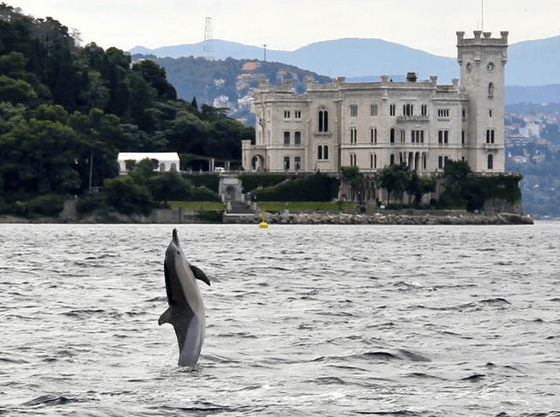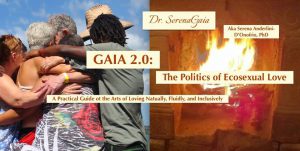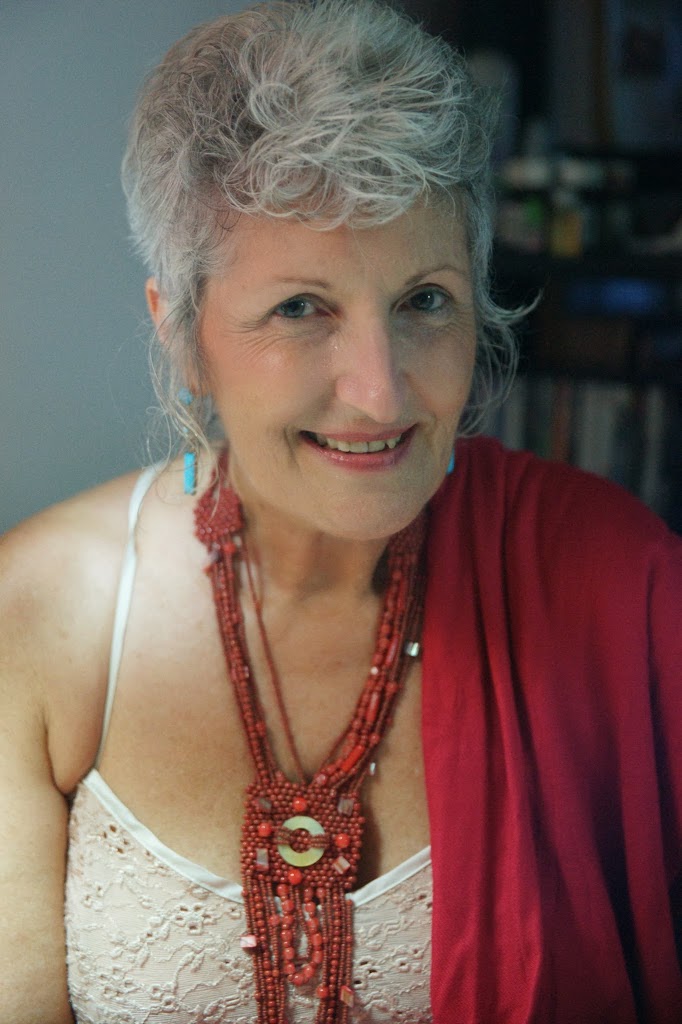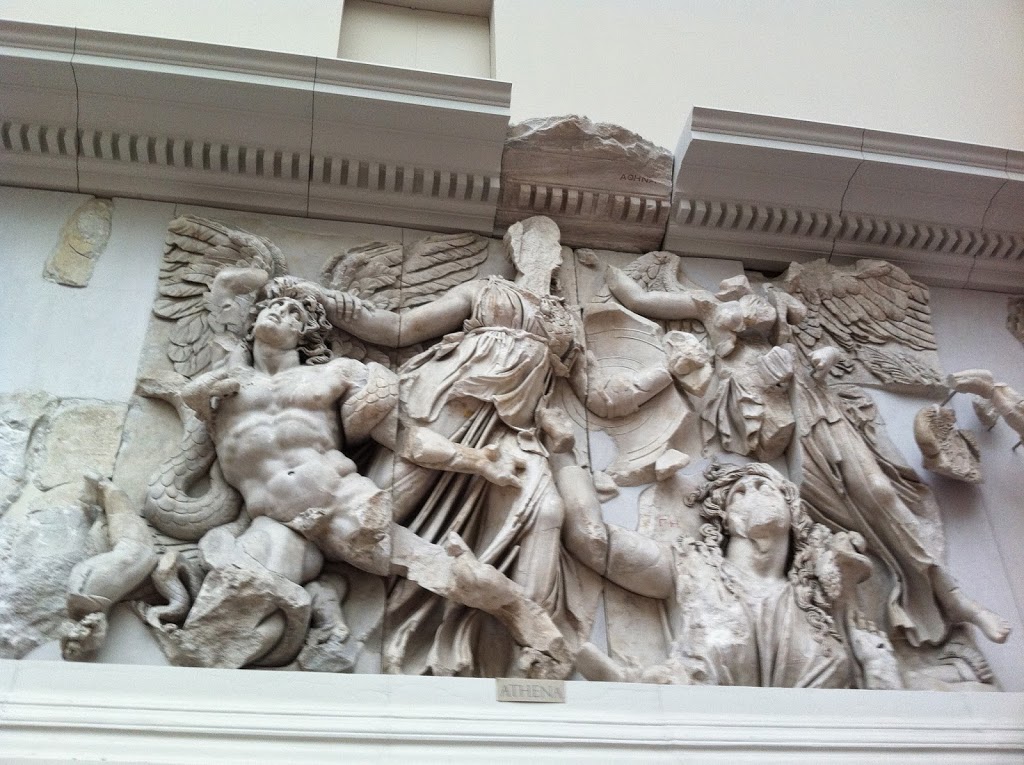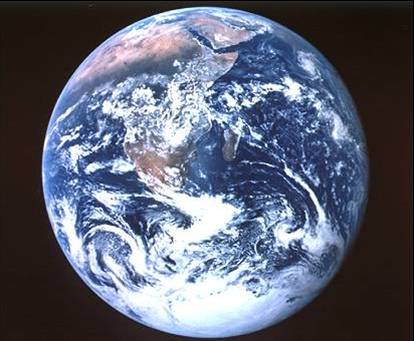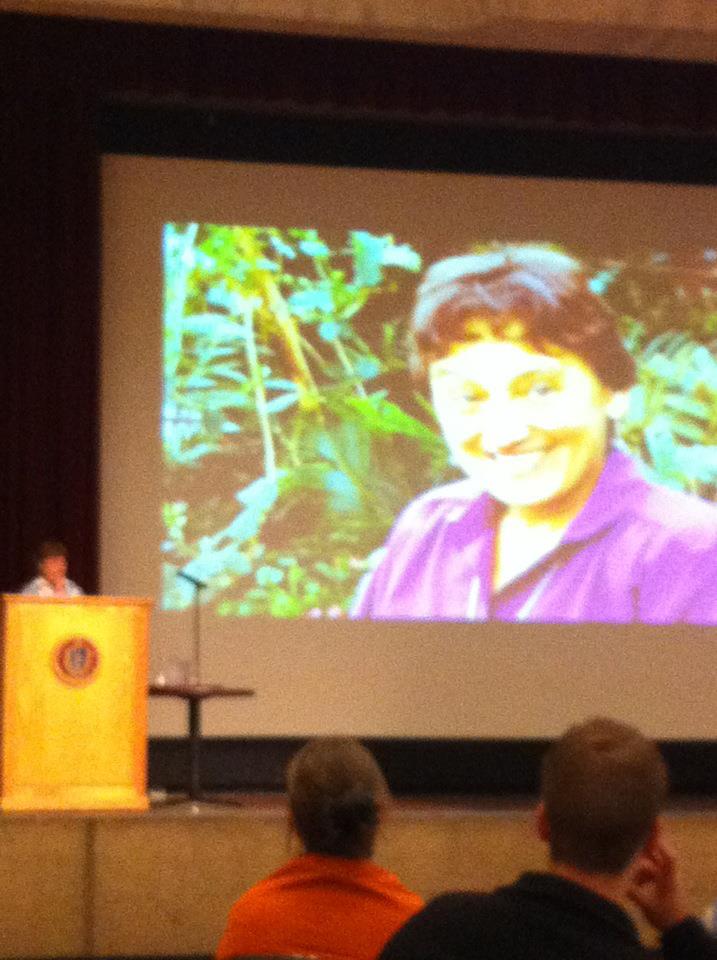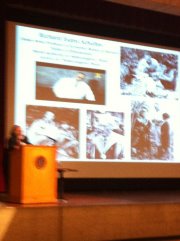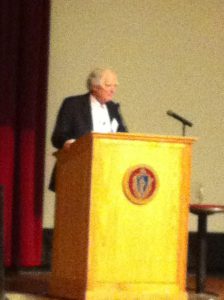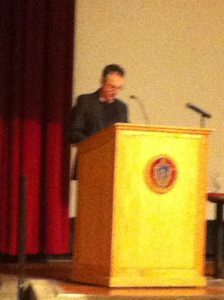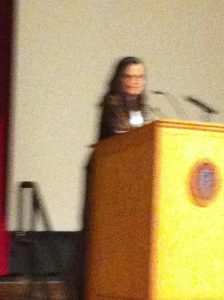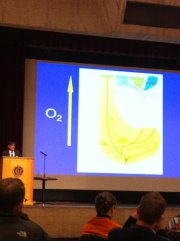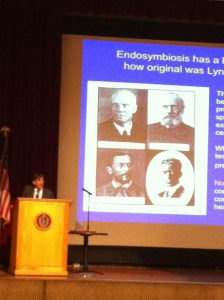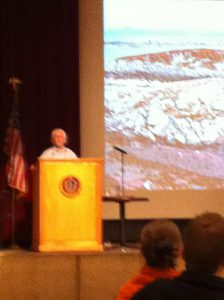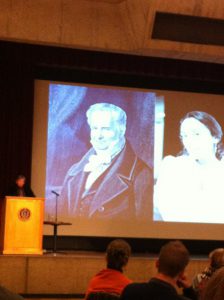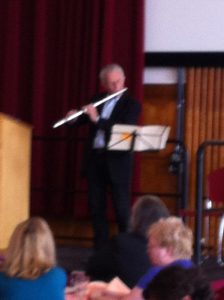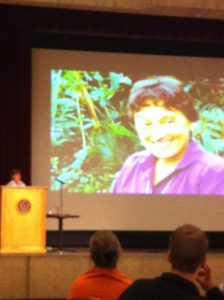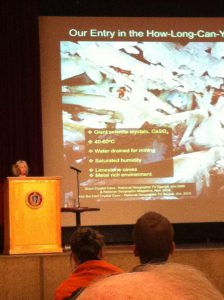Entry: The Gaia Hypothesis
Serena Anderlini-D’Onofrio, PhD
3. Conclusion: Gay Nature
Lovelock’s macroscopic perspective emphasizes the risk of taking for granted that Gaia, the Earth, will always be hospitable to human life, or even life in general. As an animated
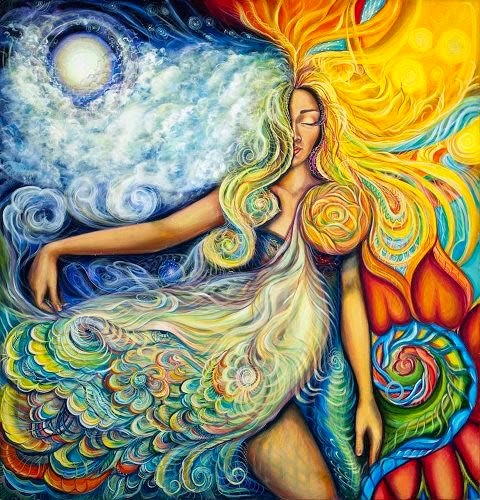
entity, Gaia has a biography: and if we don’t pay attention, Lovelock admonishes, the biota could dry up and Earth become just as barren as its neighbors Mars and Venus. Margulis’s microscopic perspective compounds this awareness from an evolutionary viewpoint. The process of autopoiesis has evolved complex organisms like us humans out of those simple, loving, resource-sharing bacteria. We, the new kids on the block in evolutionary terms, have some lessons to learn. The global ecology that sustains life as we know it is symbiotic: it is the expression of love that results in the infinite acts of sharing resources and collaborating within and across species and biological realms. To put it more simply: love is the ecology of life. Take love out of the equation, and you turn Gaia, with her beautiful blues, greens, yellows, whites, reds, and blacks into a brownish rock like its dead neighbors. So the Gaia Hypothesis is also an axiomatic statement that life is essentially “gay”: capable of loving for fun and across conventional gender lines. If love is the ecology of life, if health, pleasure, joy have been the purpose of lovemaking since our first ancestors bacteria populated the Earth, then we may as well hypothesize that Gaia, our hostess planet, is gay! And we better keep her gay, happy, cheerful. How? It’s simple: by practicing love in symbiotic, fluid, fun, erotic, ecosexy, gay, imaginative, and inclusive ways.
Or else.
List of Sources
Anderlini-D’Onofrio, Serena. Gaia and the New Politics of Love: Notes for a Poly Planet. Berkeley: North Atlantic Books, 2009.
Eisler, Riane. The Chalice and the Blade: Our History, Our Future. New York: harper Collins, 2011.Gimbutas, Marija. The Language of the Goddess. New York: Thames and Hudson, 2001.
Lovelock, James. The Ages of Gaia: A Biography of Our Living Earth. New York: Norton 1995.
______ . Gaia: A New Look at Life on Earth. Oxford University Press, 1979.
______ . The Revenge of Gaia: Earth’s Climate Crisis and the Fate of Humanity. New York: Basic Books, 2006.
Margulis, Lynn. Symbiotic Planet: A New Look at Evolution. New York: Basic Books, 1998.
Margulis, Lynn and Dorion Sagan. Acquiring Genomes: A Theory of the Origin of Species. New York: Basic Books, 2003.
______ . Microcosmos: Four Billion Years of Microbial Evolution. University of California Press, 1997.
______ . Mystery Dance: On the Evolution of Human Sexuality. New York: Simon & Schuster, 1991.
Margulis, Lynn and Dorion Sagan eds. Slanted Truths: Essays on Gaia, Symbiosis, and Evolution. New York: Copernicus, 1997.
Ryan, Christopher and Cacilda Jetha. Sex at Dawn: How We Mate, Why We Stray, and What It Means for Modern Relationships. New York: Harper Perennial. 2011.
To be continued . . . . next entry: EcoSexuality. Come back next week, same time.
Sending much love and all good wishes to all of you and your loved ones. Thanks you for listening and opening up. Stay tuned for more coming. With all good wishes for a happy end of winter, spring, and summer. Thank you!
Namaste,
SerenaGaia
Serena Anderlini-D’Onofrio, PhD
Author of Gaia, Eros, and many other books about love
Professor of Humanities, University of Puerto Rico, Mayaguez
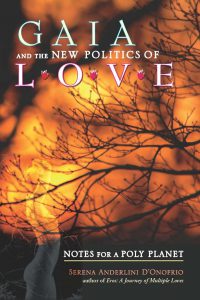
 Follow us in the social media
Follow us in the social media Poly Planet GAIA Blog: http://polyplanet.blogspot.com/ Website: www.serenagaia.com
Become a Fan: www.facebook.com/GaiaBlessings
Go to Author’s Page/Lists all Books:
http://www.amazon.com/-/e/B001JS1VKA
YouTube Uploaded Videos: http://www.youtube.com/SerenaAnderlini
Be Appraised of Ecosex Community Project PostaHouse





http://polyplanet.blogspot.com
